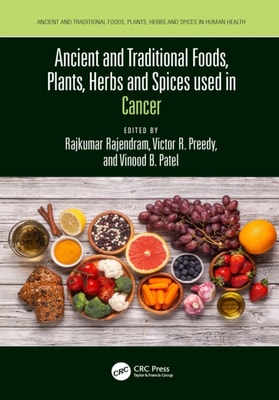Dieses reich illustrierte Handbuch deckt alle Aspekte der modernen Katzendermatologie ab, von der Herangehensweise an verschiedene Anzeichen und Symptome bis hin zur Beschreibung der Ätiologie, Pathogenese, klinischen Manifestation, Diagnose und aktuellen Behandlung jeder dermatologischen Erkrankung der Katze.

